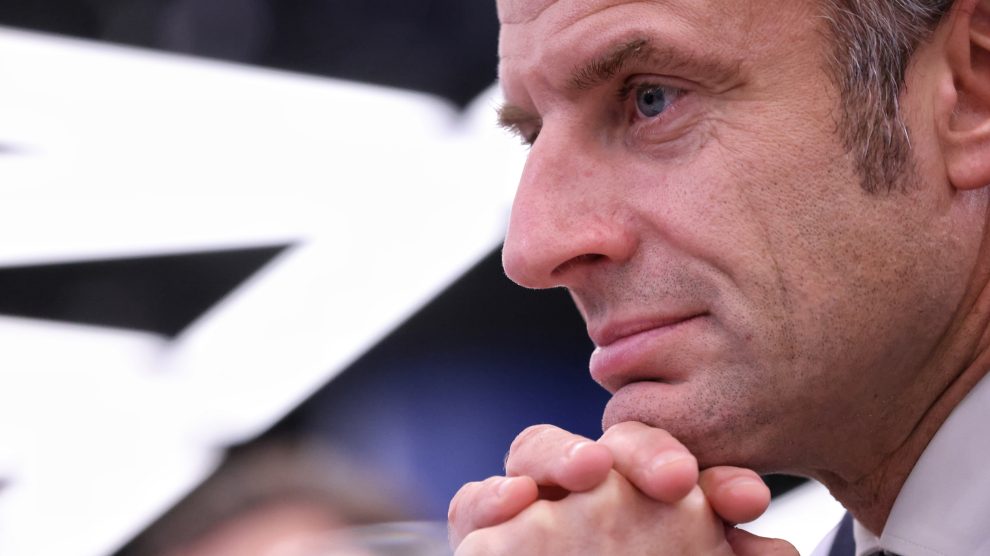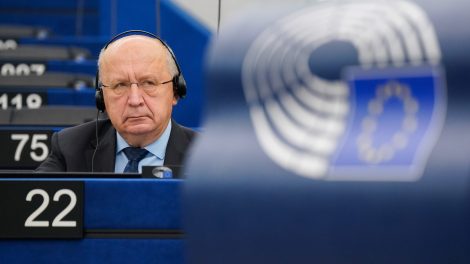An extraordinary summit in Paris. French President Emmanuel Macron convened a meeting of European leaders in Paris today to coordinate Europe’s response to the Ukraine crisis and evolving US policies.
- Invited leaders include those from Germany, Poland, Italy, Denmark, and the United Kingdom, along with European Commission President Ursula von der Leyen and NATO Secretary General Mark Rutte.
- This selective invitation notably excluded countries such as the Baltics and Finland, who have played a pivotal role in supporting Ukraine and reinforcing NATO’s eastern flank.
- Italy initially expressed reservations regarding the summit’s format and implications for a cohesive European response.
- However, Prime Minister Giorgia Meloni ultimately decided to attend, underscoring the imperative for Europe to assert itself in global security discussions.
Rome’s perspective. In an interview with Corriere della Sera, Italian Foreign Minister Antonio Tajani emphasised Italy’s balanced approach to transatlantic relations. Acknowledging the importance of the US, he stressed that Europe must cultivate strategic autonomy.
- “Trump is our first ally, but we must remain anchored to Brussels,” he said. “The biggest mistake Europe can make is to react in a disorganised way.”
- “We must count on our own strength and present ourselves to Trump as equals, not subordinate partners,” he added.
Strategic diplomacy. Italy’s message at the Paris summit was clear: Europe cannot rely solely on reactive diplomacy. Here are key strategic priorities.
- European role in sanctions and negotiations: Italy insists that Europe, having imposed sanctions on Russia, must be central to any future peace talks.
- US security guarantees: there is a call for Washington to provide clear military assurances to both Ukraine and the EU, mainly through enhanced deterrence measures along NATO’s eastern flank.
- European-led peacekeeping: Italy is open to contributing troops to a multinational force to stabilise the region, thereby ensuring a direct European role in maintaining security.
Military and peacekeeping considerations. Amid the ongoing conflict, proposals for a European-led security force are gaining traction.
- A peacekeeping mission modelled on UN operations like UNIFIL in Lebanon has been suggested, though the scale of the Ukraine conflict would necessitate a force of up to 80,000–100,000 troops with robust logistical support.
- Discussions include the possibility of involving non-NATO nations, such as India, Brazil, and Azerbaijan, to mitigate perceptions of overt Western hostility.
- Italy supports deploying long-range missile defence systems along NATO’s eastern border to bolster deterrence.
- Military analysts warn that the currently discussed figures—30,000–40,000 troops with only 15,000 designated as combat forces—are unlikely to form a full defensive barrier.
- For instance, France is reportedly prepared to contribute 10,000 soldiers, while Italy, the UK, and Germany might each offer 5,000, functioning more as a “tripwire force” than a comprehensive defence.
Looking ahead. Italy’s active participation in these debates reflects a broader European ambition to achieve strategic autonomy.
- The critical question remains whether Europe can mobilise the necessary political will and military resources to secure its own defence without over-reliance on Washington.
- The coming months will reveal if these efforts result in concrete actions or merely symbolic gestures.





